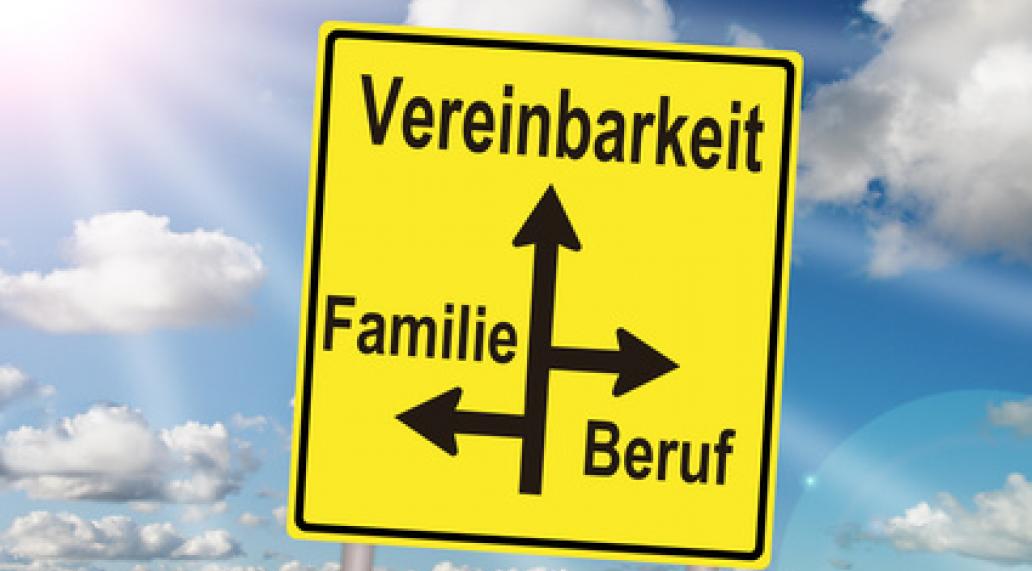
Where to take the child when a sudden important training is scheduled, overtime is required, or a change in the work schedule disrupts parental logistics? Employees of the University Hospital Regensburg have had the good fortune, since June 1, 2014, to participate in a pilot project aimed at promoting the balance between family and work: For the duration of a year, the employer provides robust support and sends a qualified childcare provider to the home during shortages.
The service is fully paid for the employees, they only pay a small fee of 5 € per assignment," explains Christiane Haas from the care service Schäfchenwiese, who, as an executing partner of the family service famPLUS in Regensburg, provides the professionals on site. "The employees are trained pediatric nurses or midwives who are very familiar with children. That's why it always works well when one of our employees comes to the family," assures Christiane Haas.
Specifically, the new service works like this: If an employee realizes they need emergency childcare, they contact the family service famPLUS (by phone or email), which then organizes a "substitute" from the team of Schäfchenwiese employees within a very short time. "It can indeed work from one evening to the next morning, but normally we have 24 hours' notice," explains the head of Schäfchenwiese about the process. "The sooner we know, the better - for example, if someone already knows when they will attend a conference or business trip, we are happy to reserve one, two, or even three weeks in advance.
There is no restriction on how often employees of the University Hospital Regensburg are allowed to use this children's emergency care service. "On the contrary, both we from Schäfchenwiese and the University Hospital are pleased when the new offer to promote family-friendliness is well received!" assures Christiane Haas.
The only restriction is how long emergency care is allowed to operate – the legal regulation is a maximum of 8 consecutive hours, which is extended to 10 PM - 7 AM for night shifts. "And if further care is needed after that, the next staff member will come to the house," says Schäfchenwiese founder Haas.
The contractual aspects and payment are managed between the university hospital, famPLUS, and Schäfchenwiese, so that there are no complicated forms or applications to worry about. And if, after the year in which the pilot project is tested, many satisfied employees and managers can report good experiences and optimized working conditions, then the chances are good that the collaboration will be maintained and perhaps even expanded.


